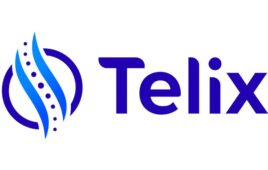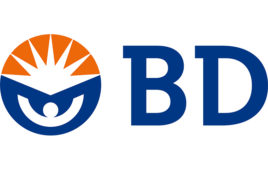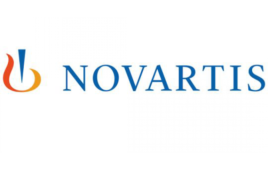LONDON (AP) — The World Health Organization has approved a second cervical cancer vaccine, this one made by GlaxoSmithKline, meaning U.N. agencies and partners can now officially buy millions of doses of the vaccine for poor countries worldwide. GlaxoSmithKline PLC said in a statement Thursday the approval would help speed access to Cervarix globally. WHO had previously approved Gardasil, a competing cervical cancer vaccine made by Merck & Co. With two cervical cancer vaccines now ready to be bought by donor agencies, officials estimate that tens of thousands of lives might be saved. More than 80 percent of the estimated 280,000 cervical cancer deaths a year occur in developing countries. In the West, early diagnosis and treatment has slashed the disease’s incidence. Last year, the global health association GAVI, formerly known as the Global Alliance for Vaccines and Immunization, prioritized the purchase of cervical cancer vaccines for the world’s 73 poorest countries. GAVI includes U.N. agencies, the World Bank and the Bill & Melinda Gates foundation and is a major buyer of vaccines for the developing world. “We’re very eager to offer women in developing countries these vaccines because without early screening, they are arguably more vulnerable to cervical cancer,” said Dan Thomas, a GAVI spokesman. Thomas said the vaccine’s price was essential to making it available to poor countries. In the West, the vaccines typically cost about $360 for a three-shot dose — which is far too expensive for poor countries, Thomas said. Thomas said GAVI is in talks with drugmakers, but that it is still not clear whether either Merck & Co or GSK might sell their vaccines to donor agencies at a cheaper price. Cervarix has not been approved for use in the U.S. or Japan, but is available in 97 other countries. In the U.S., the cervical cancer vaccine market has been cornered by Gardasil since it was approved in 2006. The FDA is expected to decide within the next few months whether to approve Cervarix. Gardasil racked up $426 million in global sales in the most recent quarter, versus $69 million for Cervarix, which has won more contracts from government health programs beyond the United States.




